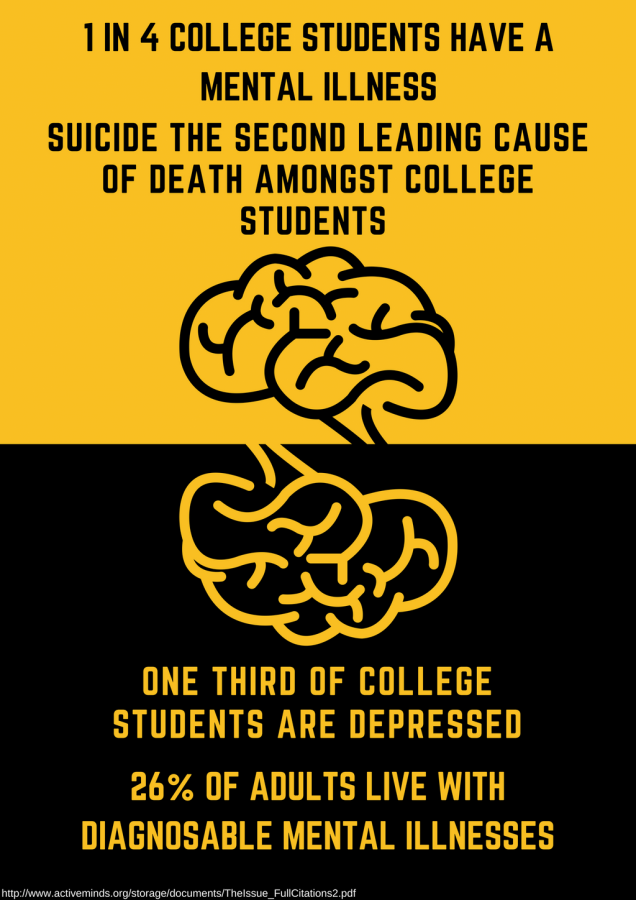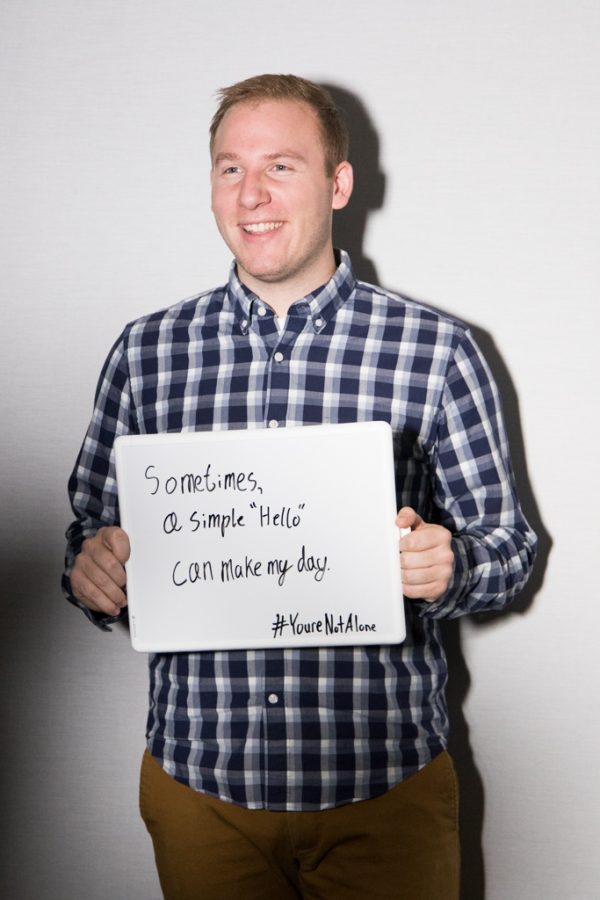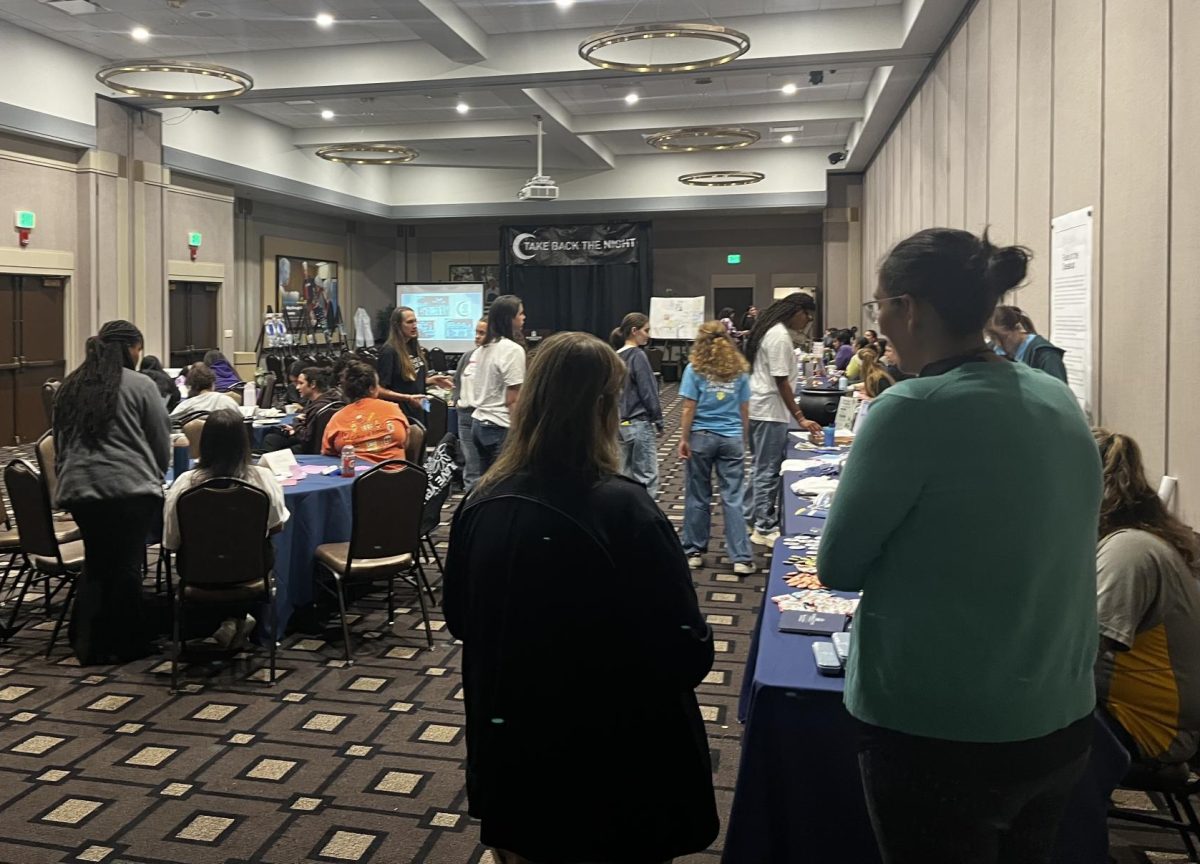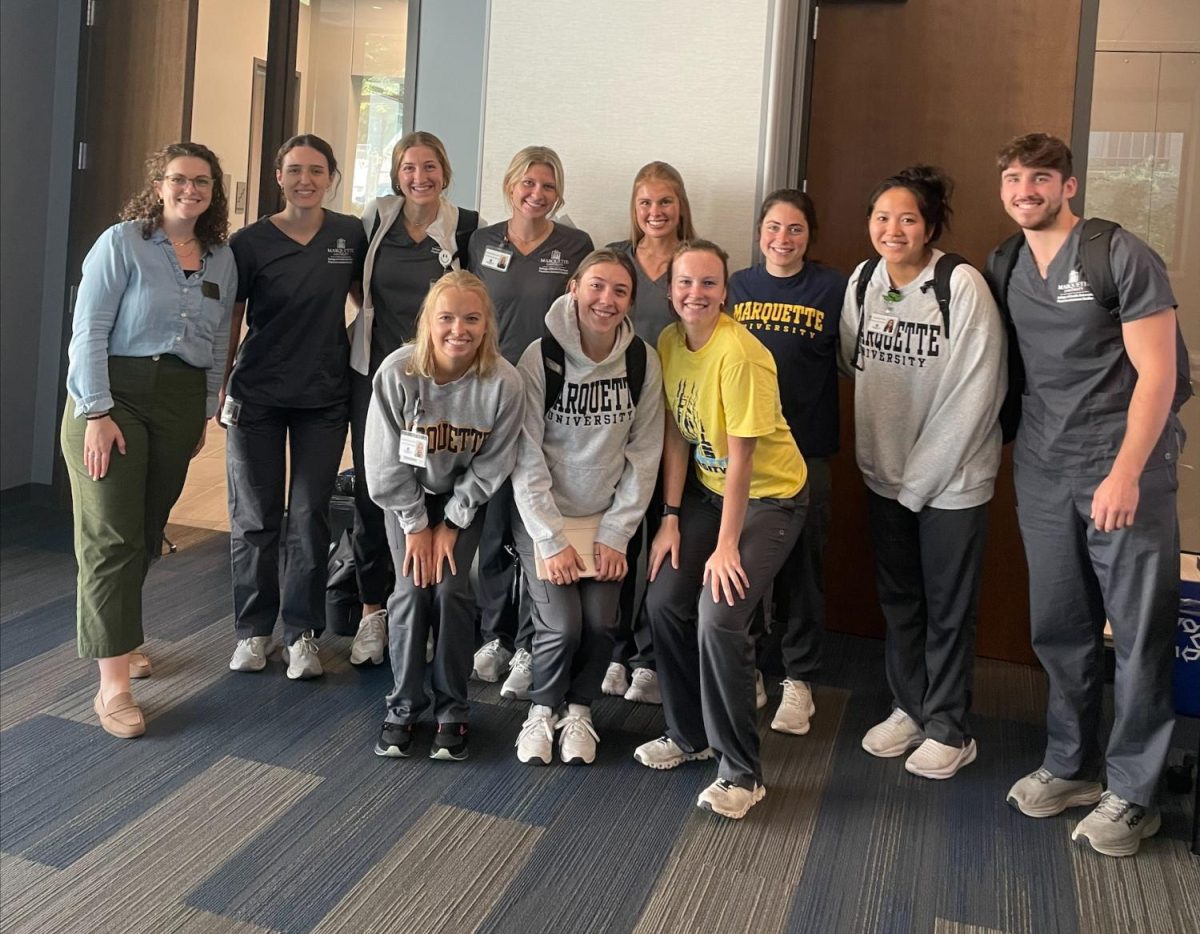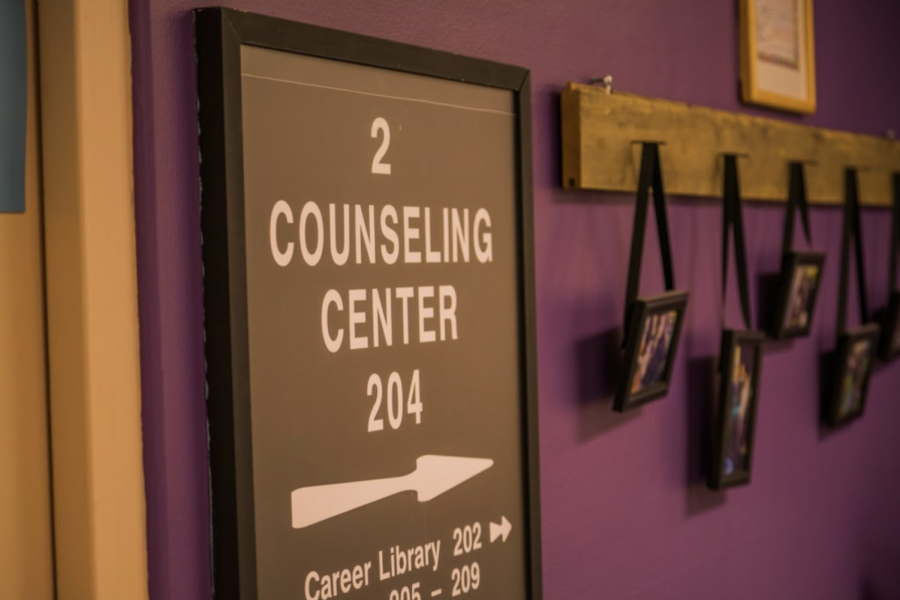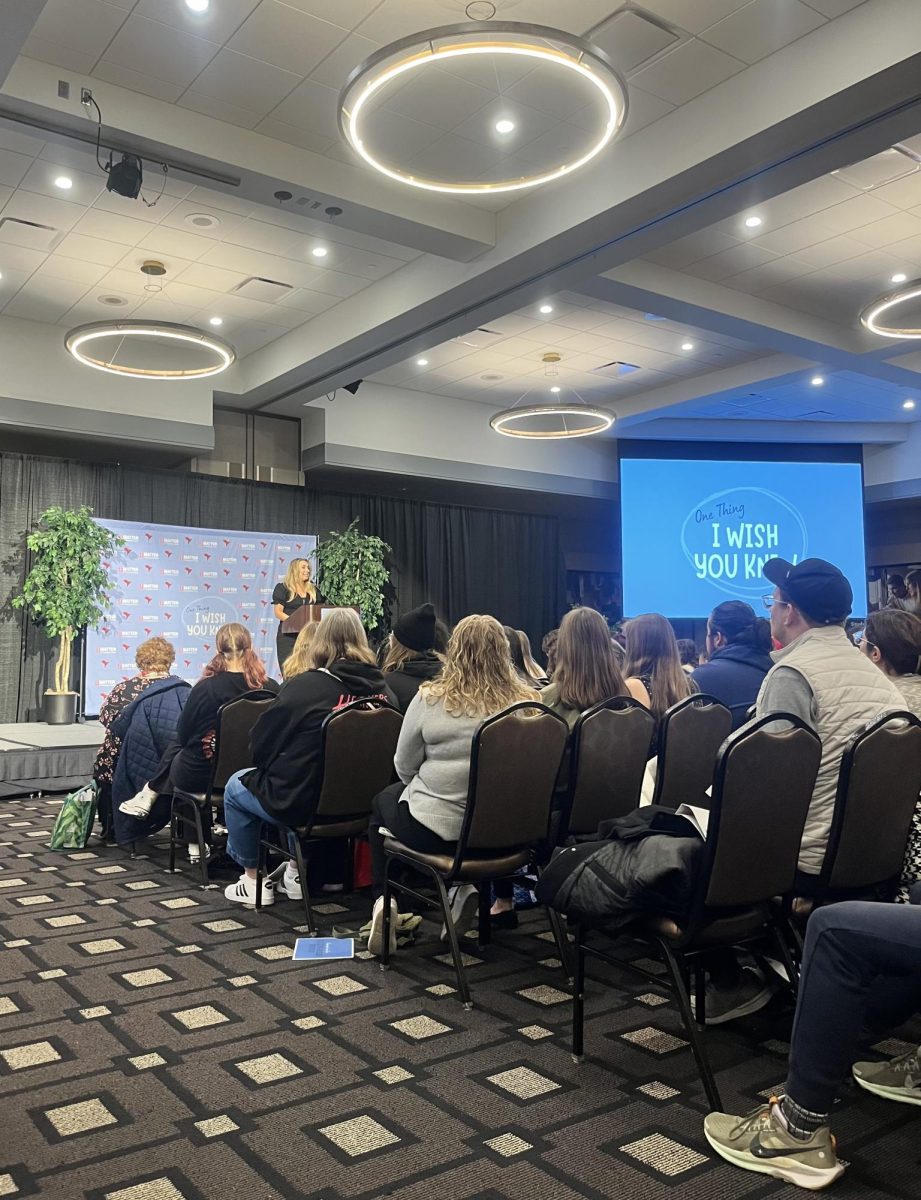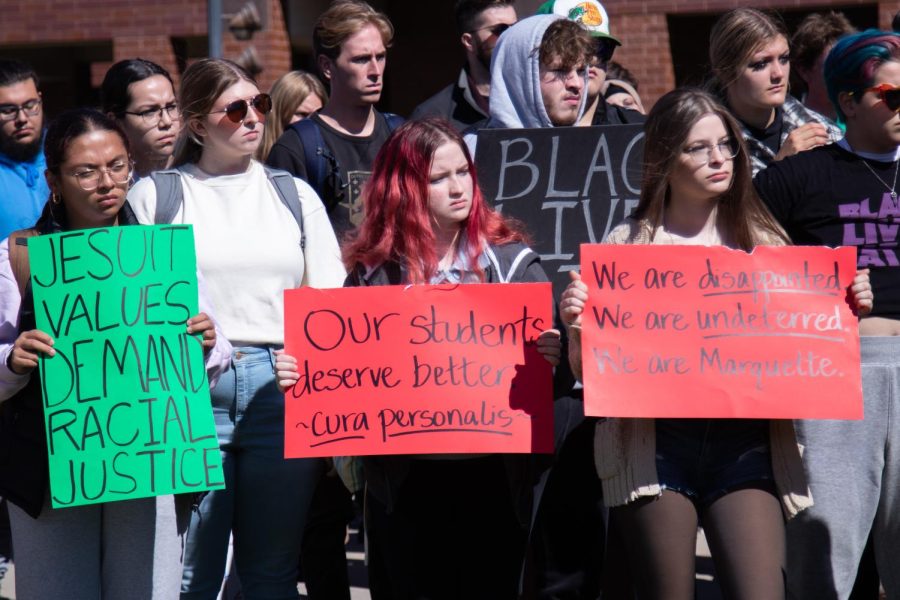In light of the recent suicide of Rutgers University freshman Tyler Clementi, last week’s observances of Mental Illness Awareness Week and National Depression Screening Day seem all too timely.
Clementi took his own life Sept. 22 after his gay sexual encounter was broadcast live over the Internet by his roommate.
But Clementi’s was just one instance of depression and suicide among college students. According to a study released Oct. 5 by Screening for Mental Health Inc., 18 to 25-year-olds are now 17 percent more likely to be depressed than in 2005.
SMH is a nonprofit organization that creates customized, anonymous online mental health screenings for more than 500 colleges and universities. The study compared data from screenings from 2005 and 2010.
Depression can be a debilitating problem for students on college campuses. A 2009 survey of college students by the American College Health Association revealed that 30 percent were so depressed it was difficult to function.
In addition, an SMH survey of college counseling centers showed that of those students who took their own lives last year, 81 percent had never been clients of their school’s counseling center. The group estimated that 1,100 college students die by suicide every year.
Katherine Cruise, director of communications and marketing for SMH, said the pressures of college life can contribute to mental illnesses.
“The transition from being at home to an unfamiliar environment, the number of stressors, academic pressures, those can really be a factor,” Cruise said.
Technology could also be influencing the likelihood of depression. In a recent poll done by mtvU, The Jed Foundation and The Associated Press, one in seven college students said social networking increases feelings of isolation. Additionally, 70 percent had read posts from someone close to them that resembled a cry for emotional help.
“Supposedly, it’s kind of making us more connected, but probably not in the way that we should be,” Cruise said. “That actual face-to-face support and connections are really important to being mentally well.”
Some said the increases in depression could be an illusion.
“Researchers are mixed on whether mental health issues are actually more prevalent,” said Mike Zebrowski, director of Marquette’s Counseling Center, in an e-mail. “We have gradually seen more students each year, but this may be because we are identifying mental health issues earlier and students are more comfortable seeking help.”
SMH estimates treatment for mental illnesses is effective more than 80 percent of the time. The group dedicated Oct. 7 as National Depression Screening Day to promote mental health screenings for college students.
“The main goal is to identify mental illnesses early on,” Cruise said. “You want to identify cancer at stage one, not stage four, when it’s difficult to treat. And the same holds true for depression. You want to identify it early on, when the symptoms aren’t bad.”
Danielle Strauss, a senior in the College of Arts & Sciences, is the president of the board of Marquette’s chapter of Active Minds, a national student organization that promotes awareness of mental health issues. Strauss said in an e-mail that education is also important in combating depression and suicide.
“Continuing to educate, create awareness, and make students feel comfortable seeking help for themselves or someone they have concern for is important to get students the help that they need,” Strauss said.


